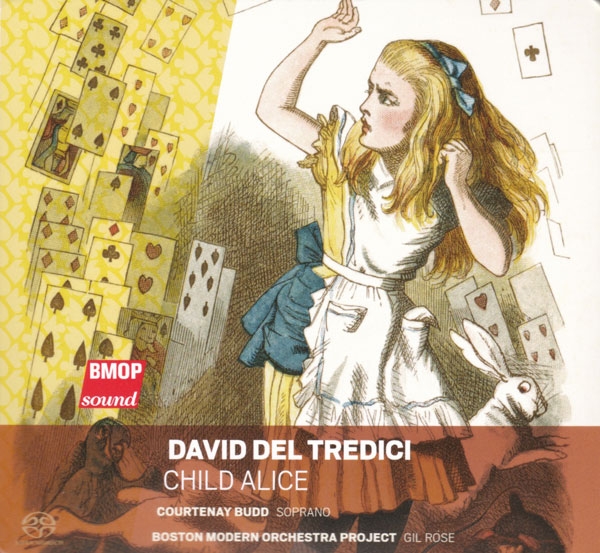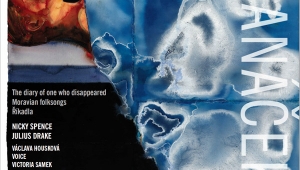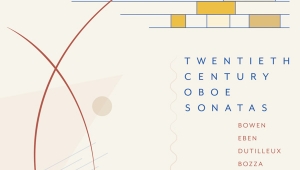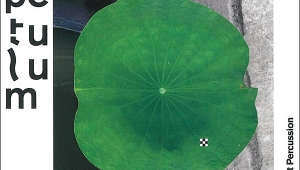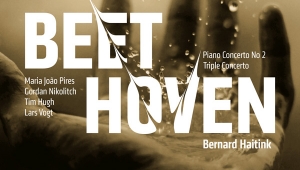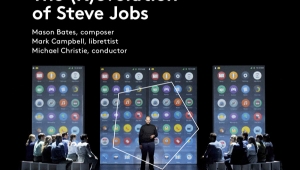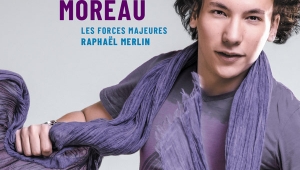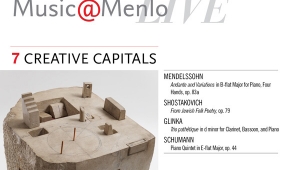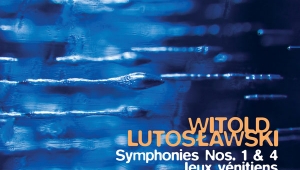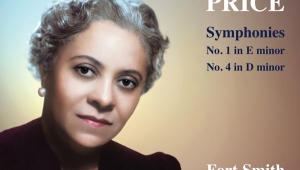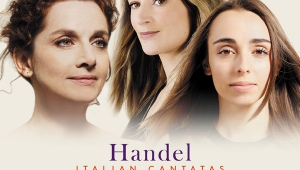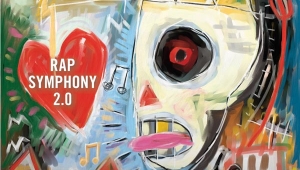| Columns Retired Columns & Blogs |
"as he moved on to unabashedly explore gay life in all its facets"
And:
"Perhaps the fact that Del Tredici's subsequent foray into gay life has included an immersion in S&M leads to my conviction that Child Alice is a novel exercise in aural bondage"
.....Doesn't add to nor detract from the Alice music as you say he did it "later" so why mention it at all?
Your YouTube extracts are not available here in the UK so I listened to 'In Memory of a Summers Day' instead. It's quite good, unlike most 'modern' music, but Courtenay Budd is useless - you can't understand a word of it, and it is reasonable to assume she is singing in English as both Carroll and his real-life 'model' were English. Or is she just screeching and yelling?
